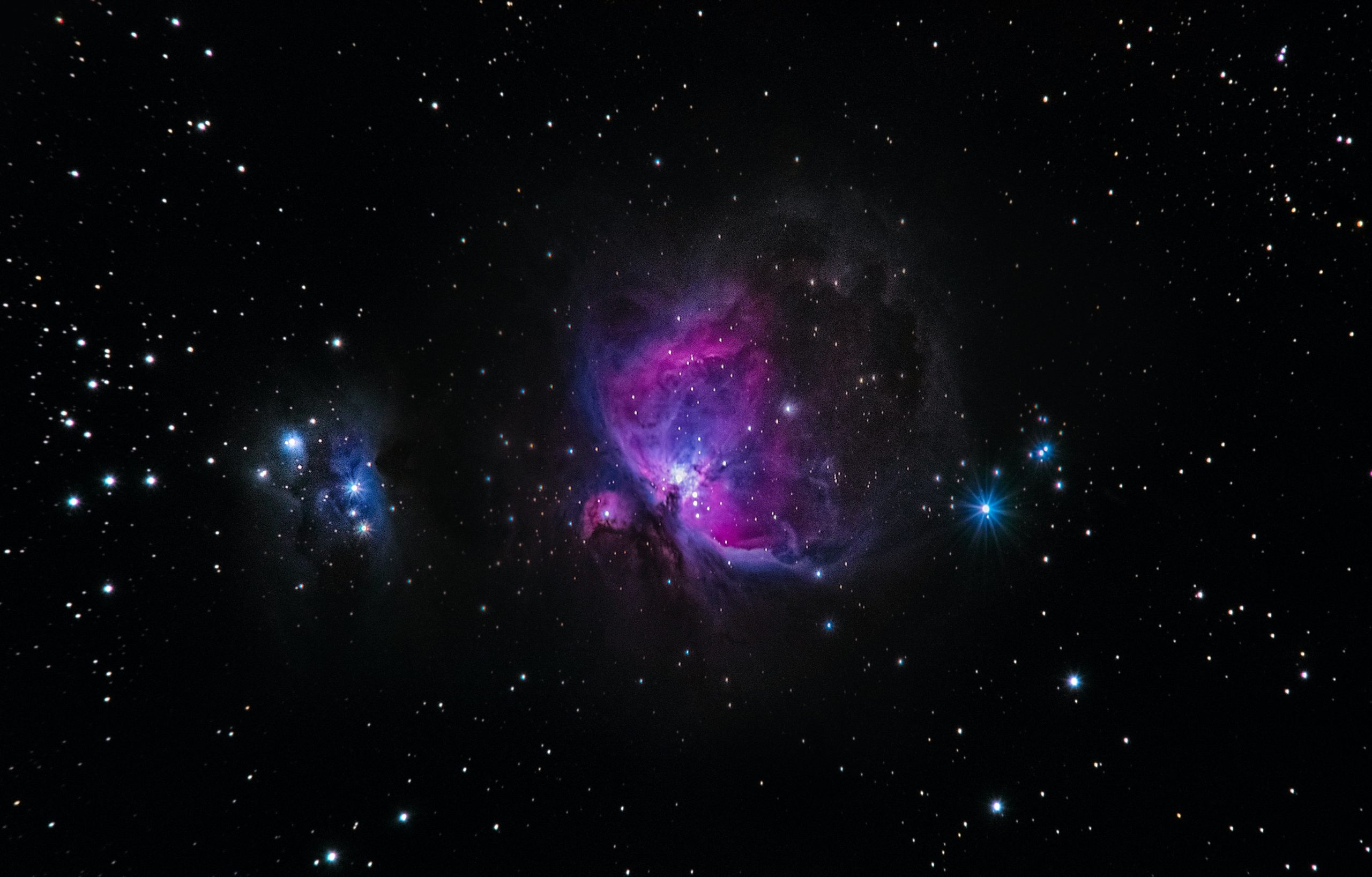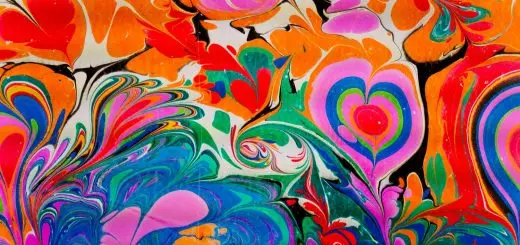Ma’at: Balance and Harmony in Egyptian Cosmology

Looking for more amazing products? Check out our online store and explore our collection here! Happy shopping!
Before diving in, please note: This post is for informational purposes only. If you’d like to know more about how we approach topics, feel free to check out our friendly Disclaimer Page.
Hey there, amazing readers! 
We’re committed to delivering quality posts, and your support (even just sticking around despite the ads) means everything to us. So, bear with us, and thanks for helping us keep the good vibes rolling. Now, on to the fun stuff!
TRANSLATE BUTTON AT THE END OF THE ARTICLE
Overview:
Ma’at is a fundamental concept in ancient Egyptian cosmology, representing the principles of balance, order, and harmony.
The Egyptians believed that the universe was governed by Ma’at, and it was the responsibility of every individual to uphold and maintain this cosmic order.
This article delves into the beliefs and concept of Ma’at, its importance in Egyptian society, its role in daily life and the afterlife, as well as its influence on art, architecture, and literature.
By exploring the legacy of Ma’at, we can gain valuable insights and lessons for our modern society.
Ancient Egyptian Beliefs and Concept of Ma’at:
In ancient Egyptian belief, Ma’at was not just a goddess but also a philosophical concept.
The word "Ma’at" itself means "truth" or "justice." It represented the fundamental order of the universe, encompassing notions of balance, harmony, and truth.
Egyptians believed that Ma’at was the foundation upon which their society and the entire cosmos were built.
The Importance of Ma’at in Egyptian Society:
Ma’at held immense significance in ancient Egyptian society, extending to all aspects of life.
It was the duty of the pharaoh to uphold Ma’at and ensure its preservation.
The concept of Ma’at governed the actions and behaviors of individuals, promoting virtues such as truthfulness, justice, and fairness.
It influenced all levels of society, from the common people to the highest ranks of power.
Understanding Ma’at: The Cosmic Order:
Ma’at represented the cosmic order, the natural balance that existed in the universe.
This balance was maintained by the interplay of opposing forces, such as light and darkness, order and chaos, and life and death.
Egyptians believed that when Ma’at was disrupted, chaos and disorder ensued.
To restore harmony, it was necessary to bring Ma’at back into balance.
Ma’at and the Role of Pharaohs in Maintaining Balance:
The pharaoh, as the divine ruler of Egypt, played a crucial role in maintaining Ma’at.
It was believed that the pharaoh was the bridge between the divine and human realms, responsible for upholding the cosmic order.
Pharaohs were considered the living embodiment of Ma’at, ensuring justice, stability, and prosperity for their people.
Their rule was seen as essential for maintaining balance in the kingdom.
The Symbols and Representations of Ma’at:
Ma’at was often depicted as a goddess with outstretched wings or as a woman with an ostrich feather on her head.
The feather symbolized truth and the righteous path.
The scales of justice were another important symbol associated with Ma’at, representing the weighing of one’s heart against the feather of Ma’at during the judgment of the afterlife.
Rituals and Ceremonies to Restore Ma’at:
Ancient Egyptians performed various rituals and ceremonies to restore Ma’at when it was disrupted.
These included offerings, prayers, and acts of piety to ensure the continual balance of the cosmic order.
The pharaoh also conducted grand ceremonies to reaffirm Ma’at and demonstrate his commitment to upholding the principles of justice and harmony.
Ma’at in Daily Life: Ethics and Morality:
Ma’at influenced the ethical and moral values of ancient Egyptians in their daily lives.
It provided a framework for personal conduct, emphasizing virtues such as honesty, integrity, and respect for others.
Egyptians believed that by following the principles of Ma’at, they could lead a righteous and fulfilling life while contributing to the overall harmony of society.
Ma’at in the Afterlife: Judgement and the Weighing of the Heart:
One of the most significant aspects of Ma’at was its role in the afterlife.
Explore the Path to Spirituality and Enlightenment – Start Here.
Egyptians believed that after death, individuals would undergo a judgment in the Hall of Ma’at.
Here, the heart of the deceased would be weighed against the feather of Ma’at.
If the heart was found to be lighter than the feather, it meant the person had lived a virtuous life and would be granted eternal life in the Field of Reeds.
Ma’at and Other Deities in Egyptian Mythology:
While Ma’at was a central concept in Egyptian cosmology, it coexisted with other deities and beliefs.
The Egyptian pantheon included gods and goddesses who embodied different aspects of the cosmos.
Ma’at worked in conjunction with these deities to maintain balance and order.
For example, Thoth, the god of wisdom, was closely associated with Ma’at, as he was believed to be the creator and protector of the cosmic order.
Ma’at’s Influence on Art, Architecture, and Literature:
Ma’at’s influence extended beyond religious and philosophical realms into the artistic and cultural expressions of ancient Egypt.
The principles of Ma’at were reflected in the designs and symbolism of temples, tombs, and monuments.
Egyptian literature, such as the Book of the Dead, contained references to Ma’at, emphasizing its importance in the afterlife.
The concept of Ma’at also found expression in moral and ethical teachings, guiding the creation of wisdom literature.
The Legacy of Ma’at: Lessons for Modern Society:
Although ancient Egyptian civilization has long passed, the concept of Ma’at offers valuable lessons for modern society.
The importance of balance, harmony, and ethical conduct are timeless principles that can guide us in navigating the complexities of our world.
Ma’at serves as a reminder that our actions have consequences and that upholding justice and truth is crucial for the well-being and prosperity of society as a whole.
Conclusion:
Ma’at, the concept of balance and harmony in Egyptian cosmology, played a central role in ancient Egyptian society.
It encompassed the principles of truth, justice, and cosmic order, influencing all aspects of life.
From the role of pharaohs in maintaining balance to the rituals and ceremonies conducted to restore Ma’at, the Egyptians were deeply committed to upholding this fundamental concept.
Ma’at’s influence extended to the afterlife, moral teachings, and artistic expressions, leaving a lasting legacy for future generations.
By embracing the lessons of Ma’at, we can strive for a more balanced and harmonious society in our modern world.

The Enlightenment Journey is a remarkable collection of writings authored by a distinguished group of experts in the fields of spirituality, new age, and esoteric knowledge.
This anthology features a diverse assembly of well-experienced authors who bring their profound insights and credible perspectives to the forefront.
Each contributor possesses a wealth of knowledge and wisdom, making them authorities in their respective domains.
Together, they offer readers a transformative journey into the realms of spiritual growth, self-discovery, and esoteric enlightenment.
The Enlightenment Journey is a testament to the collective expertise of these luminaries, providing readers with a rich tapestry of ideas and information to illuminate their spiritual path.
Our Diverse Expertise
While our primary focus is on spirituality and esotericism, we are equally passionate about exploring a wide range of other topics and niches 

To ensure we provide the most accurate and valuable insights, we collaborate with trusted experts in their respective domains 
Our blog originally focused on spirituality and metaphysics, but we’ve since expanded to cover a wide range of niches. Don’t worry—we continue to publish a lot of articles on spirituality! Frequently visit our blog to explore our diverse content and stay tuned for more insightful reads.
Hey there, amazing reader! 
Check out our store here and take a peek at some of our featured products below! Thanks for being awesome!
















